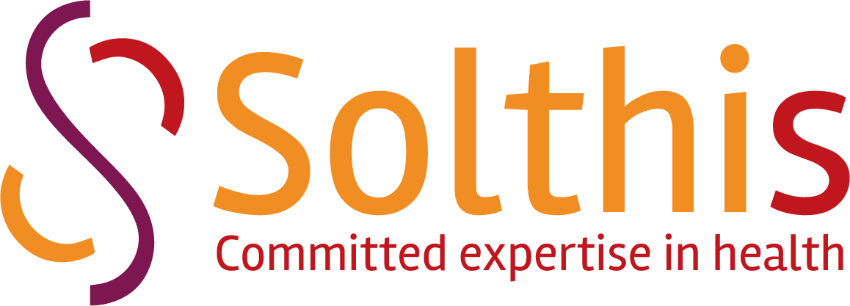June 2024 – June 2025
Guinea
The HIV epidemic in Guinea is considered to be a generalised epidemic with a prevalence of 1.5%, concentrated particularly among key populations and their networks. These hard-to-reach key populations are major targets of the national strategic framework.
There are many barriers to accessing HIV testing, including the stigmatisation of people living with HIV and key populations, and voluntary testing is in sharp decline. In fact, most screening tests in healthcare facilities are carried out on the initiative of healthcare providers during medical consultations.
Demedicalisation, an internationally accepted principle and the subject of a WHO recommendation document in 2008, is seen as a strategy for overcoming these challenges.
The demedicalisation of HIV services aims to extend access to HIV screening, treatment and follow-up services beyond traditional medical care structures, and to integrate these services into community, social and public health contexts.
Since 2022, Guinea has opted for the demedicalisation of HIV services as part of the 2023-2027 national HIV strategic framework.
Various strategies aimed at implementing the demedicalisation of HIV services have already been initiated, notably through the involvement of 26 community structures.
However, the operationalisation of demedicalisation in Guinea is only partially effective due to the absence of a strategic document, the reluctance of medical staff in health facilities and the lack of involvement and coordination at community level.
The aim of this technical assistance programme is to draw up an action plan and budget with a view to strengthening the operationalisation of demedicalisation in Guinea. It complements the technical assistance provided for the roll-out and scaling-up of PrEP among key populations, PrEP being one of the components of demedicalisation.
General objective
To support the development and implementation of a national strategy for the demedicalisation of HIV services.
Specific objectives (SO)
- SO1: Carry out an assessment of the operationalisation of the demedicalisation of HIV service provision, including an assessment of the laws and policies that hinder or facilitate the involvement of community players in the provision of HIV services and propose recommendations for expanding this provision.
- SO2: Draw up a national strategy for the demedicalisation of HIV services (including standards, procedures and monitoring and evaluation).
- SO3: Draw up training guidelines for the service providers concerned (community relays, peer educators, community health workers, mediators, workers from community structures, community centres, community networks) and train a pool of national trainers.
- SO4: Draw up a budgeted operational action plan for the demedicalisation of HIV services with the PNLSH.
Beneficiaries
-
National HIV/AIDS
-
Hepatitis Control Programme (PNLSH)
Results
-
The expected results are the achievement of the above-mentioned specific objectives and the effective operationalisation of demedicalisation in Guinea.
-
The demedicalisation strategy will propose strategies differentiated according to the age, gender or sexual orientation of the targets.





